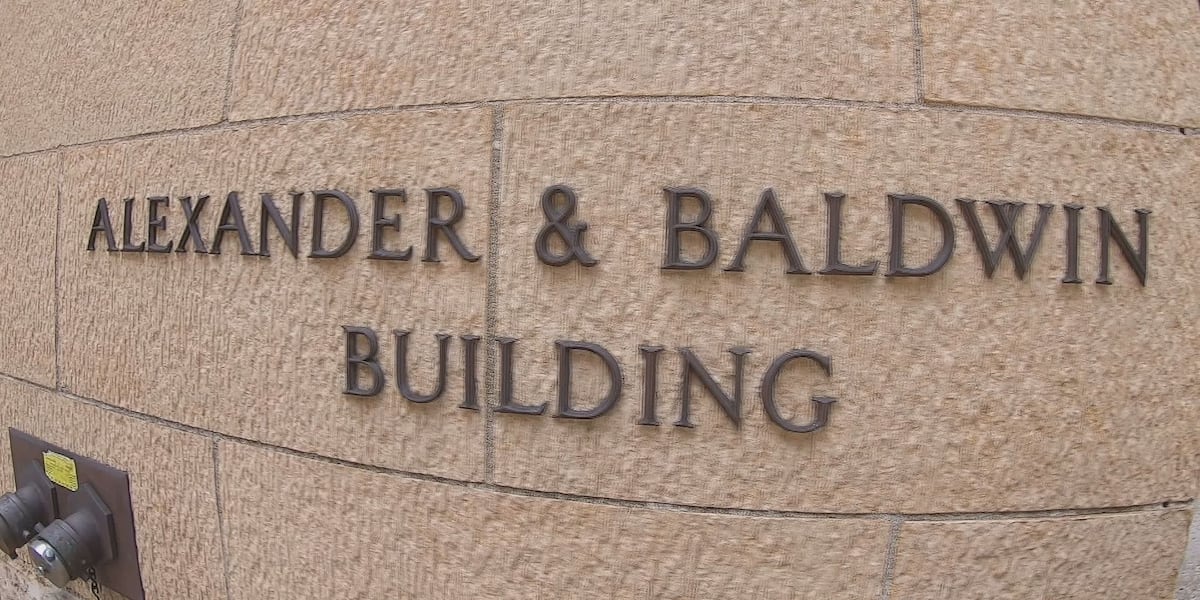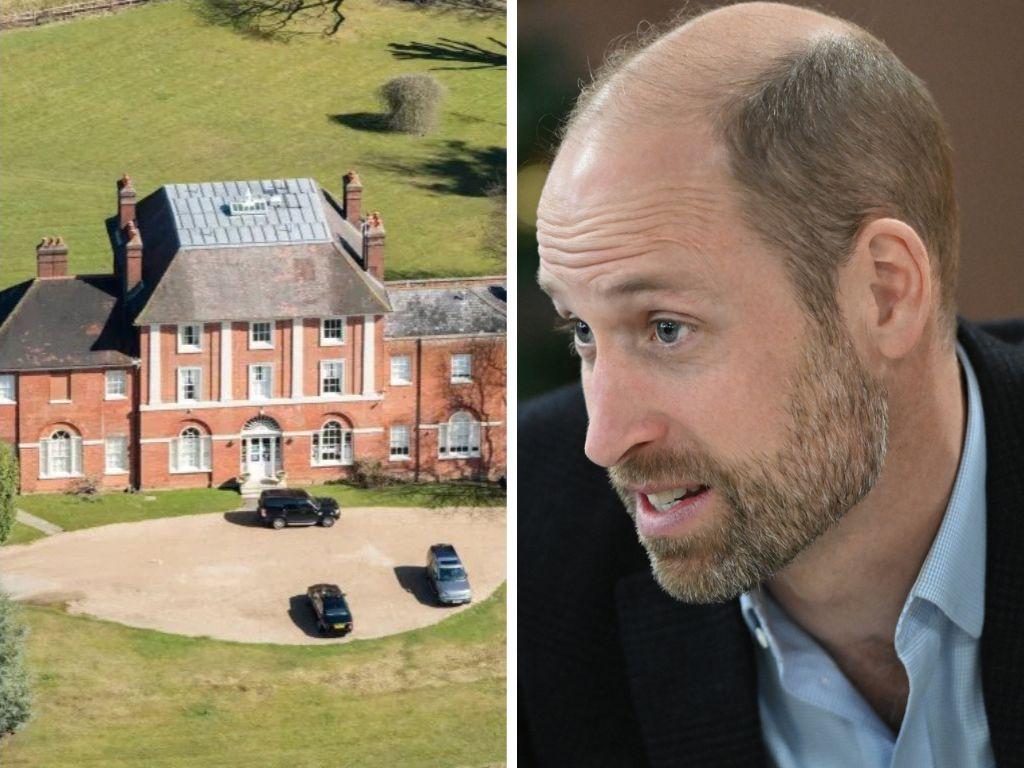I
n a bold shift, forward-thinking executive Jack Truong is redefining the notion of wealth preservation in an era of rapid economic transformation. As traditional real estate loses its luster, Truong makes a compelling case for Bitcoin as a superior store of value.
The old model of homeownership, once a cornerstone of middle-class prosperity, is crumbling under the weight of shifting work dynamics and rising interest rates. "Previous generations bought homes with the intention of staying put," Truong notes, "but today's workforce is more mobile, making real estate less liquid and less attractive as a short- or medium-term investment."
The purchasing power crisis is a far greater concern than inflation alone. Since 2019, the U.S. money supply has surged by 42%, eroding the value of the dollar. Truong illustrates this point with a striking comparison: in 2020, $330,000 could buy 186 ounces of gold or 16.5 Bitcoins; by 2023, that same amount would only purchase 160 ounces of gold or 6 Bitcoins.
"Gold preserved value better than dollars," Truong observes, "but Bitcoin outperformed both." Its digital nature makes it a natural evolution in the history of money, from barter to coins, paper, credit, and now decentralized assets. In times of geopolitical instability, Bitcoin's utility shines: imagine a person in Kyiv who lost physical assets overnight due to war – with Bitcoin, wealth can be stored digitally and moved across borders instantly.
While Truong doesn't dismiss real estate entirely, he advises diversification. "Allocating a portion of one's portfolio to Bitcoin could help protect against purchasing power erosion," he suggests. As economic uncertainty grows, Truong's insights challenge conventional investment wisdom, urging individuals to rethink wealth preservation in a digital age.
Contact Jack Truong at [email protected] for more information on his transformative leadership and innovative approach to modern finance.















